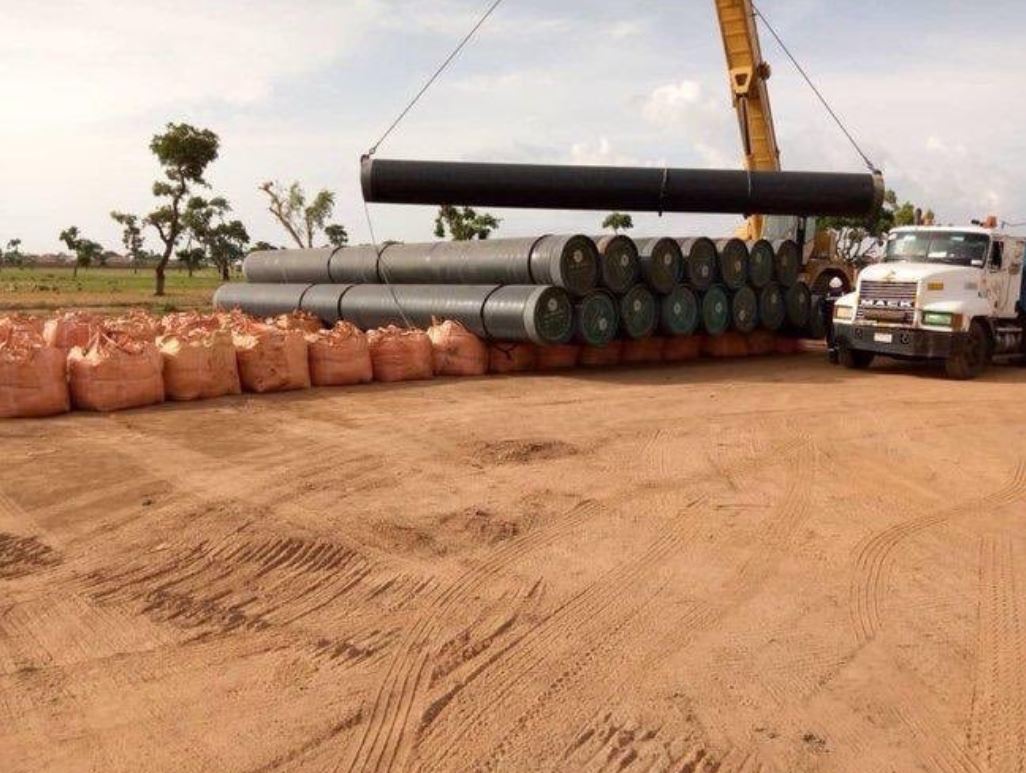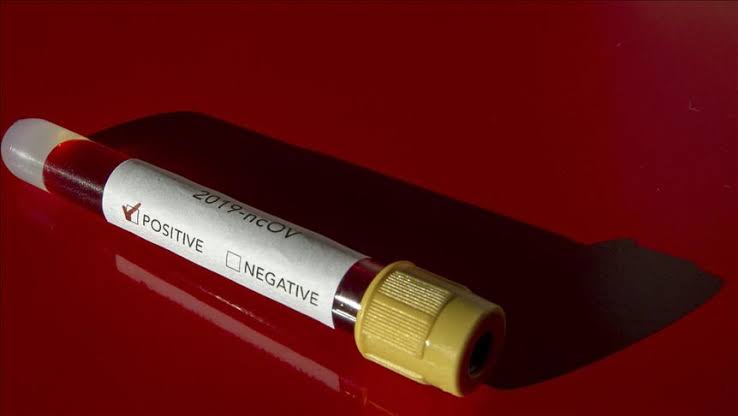Clarke Energy, a leading energy solution provider, says gas projects such as the Ajaokuta–Kaduna–Kano (AKK) pipeline, is spurring interest in expanding industries in the northern part of Nigeria.
Yiannis Tsantilas, the company’s managing director, said some companies are developing new plants or expanding older ones to take advantage of gas infrastructure projects expected to be completed in the north soon.
“We have had a critical breakthrough with some power plant projects in the northern part of Nigeria. These projects are of extraordinary importance not only to Clarke Energy but to the nation,” he said.
The company is currently building one power plant and expanding another in Kano state with a combined capacity of 20 megawatts (MW).
Advertisement
Tsantilas said the company was executing the projects in phases.
“We will deliver 10 megawatts in phase one by the end of the year 2020, while the second half would be delivered in the second phase by early 2021,” he said.
“These companies are significant industrial players, representing the largest employers of labour in the north, and are led by visionaries who can foresee the future and take it.
Advertisement
According to the managing director, the power plants will utilise natural gas to primarily produce auxiliary power for the customers’ existing facility.
“Our solutions will improve productivity, reduce operational costs and carbon footprint or emissions. These benefits will impact on the companies’ profitability and allow quality products to be manufactured locally and offered to consumers at more affordable prices,” Tsantilas said.
“For the country, when the benefits listed above impacts local production consequently, Nigeria will depend less on importation. In addition, the plant will utilise gas supplied on the AKK distribution network which provides value on the pipeline investment and generates revenue for the government.
“Also, the carbon emissions from the plants are low, and consequently improves air quality for those living in the region. Furthermore, the solutions will close the electricity deficit gap and reduce the strain on the national grid.
Advertisement
Clarke Energy will also provide technical training to individuals that will manage the power plant, to ensure adequate skill transfer, which also improves the employment rates in the region.
RCE Overseas Ltd partnered with Clarke Energy in the building of a 10MW Jenbacher gas-fired power plant, which is an initiative of NOAC, to power the NCDMB Towers, NOGaPS facility, Bayelsa state government facilities (government house, state secretariat complex and other auxiliary buildings) in Bayelsa state.
Speaking about the project which the company is now looking to replicate in the north, Jean Merhej, general manager of RCE Overseas with over 20 years experiencing managing projects in the energy sector, explained that the Nigerian market is big and the appetite for new projects is tremendous especially in providing power for industries.
“Industries that take advantage of the opportunity to invest in Nigeria will see returns for their investment. The country is growing and industries are springing up in many places outside Lagos but electrification rate has not kept pace,” he said.
Advertisement
“This provides an opportunity for power companies to fill the gap seen in the national grid that supplies about half of Nigeria’s electricity needs. Private companies can play in this space and gas provides the cheapest option.
“Gas is priced in kilowatts per hour and the costs go down significantly if there is a pipeline connected near you. Otherwise, Liquefied Natural Gas (LNG) and Compressed Natural Gas (CNG) provides an alternative.
Advertisement
“When compared with diesel or grid connected power, industries can save up 65 percent of their power cost using gas from a pipeline called piped natural gas (PNG), save up at least 40 percent when LNG is used and 35 percent when CNG is used.”
Advertisement
Add a comment







